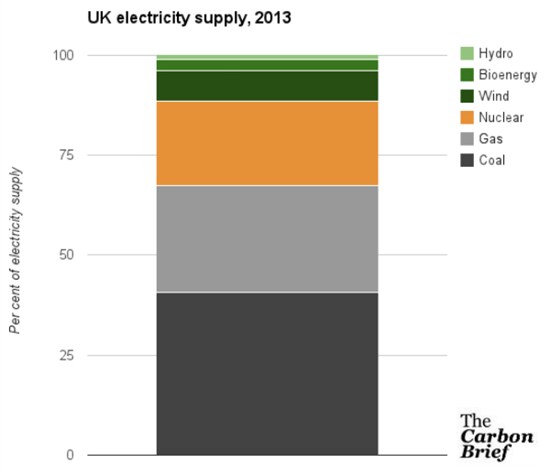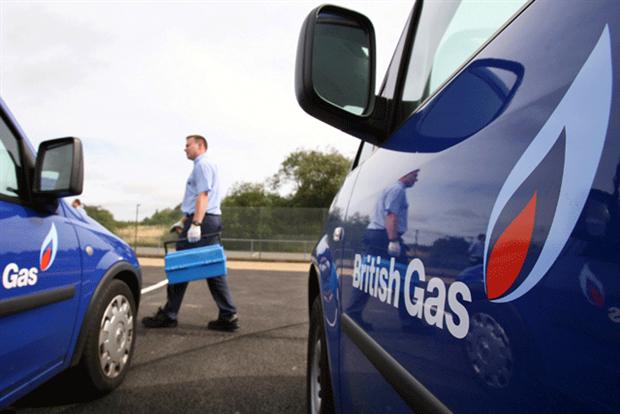The first commercial operation to produce and supply gas from coal began in London, UK, just over two hundred years ago. Chemical engineers will be descending on Rotterdam, The Netherlands, next month to celebrate this important milestone and some of the latest technologies in low carbon energy production.
The Gas Light and Coke Company began supplying London with gas manufactured from coal for street lighting on New Year’s Eve, 1813. It marked the start of the first commercial gas production and supply operation in the world. Up to eight million people in London alone would eventually rely upon the technology to light and heat their homes for well over a century.
Chris Higman of Higman Consulting GmbH and gasification specialist, said: “The possibility of extracting a flammable gas from coal by ‘distillation’ – or pyrolysis as we would call it today – was known from ancient times.
“However, towards the end of the eighteenth century the work of pioneers like Minckelers, Murdoch, Lebon and Lampadius resulted in viable and safe commercial gas production from coal.
“Once developed, the technology soon spread across the world with gasworks established in Baltimore, USA (1816), Manchester, UK (1817), Hannover, Germany (1825) and Rotterdam, The Netherlands (1827).
“Over two centuries later, gasification continues to be an important part of the world’s energy supply. It has endured despite the emergence of alternative sources of energy, lighting and heating and evolved to support industry including fertilizer production.
“Today, gasification provides around a quarter of the world’s supply of synthetic ammonia and about one third of the world’s methanol. With an estimated 750 gasifiers planned or under construction across the world the technology is set to play a major part for at least another century.”
Chris will be presenting ‘200 Years of Commercial Gas Production’ in March at the 12th European Gasification Conference in The Netherlands, organised by the Institution of Chemical Engineers (IChemE) and supported by DECHEMA.
IChemE’s Matt Stalker, conference organiser, said: “There continues to be huge level of interest in the potential of gasification. The 12th European Gasification Conference brings all the latest development together under one roof. From governments, to policy-makers, to energy suppliers, it is an opportunity not to be missed.”
via Chemical engineers mark 200 years of commercial gas production : News from The Institution of Chemical Engineers (IChemE).
Chemical engineers mark 200 years of commercial gas production : News from The Institution of Chemical Engineers (IChemE)























